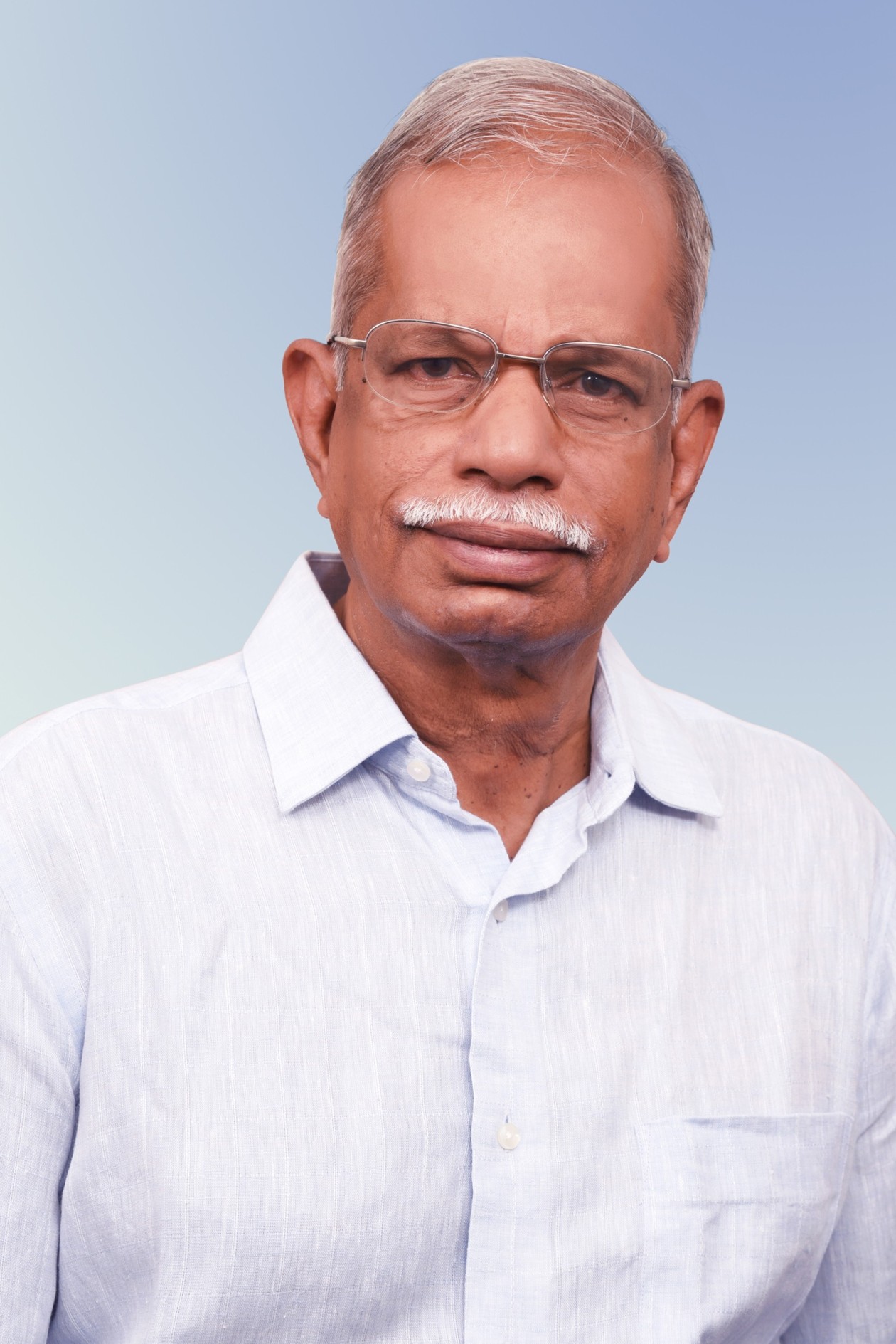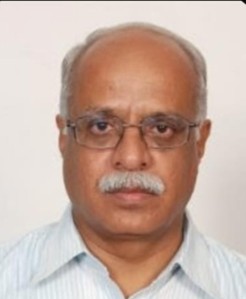School of Natural Sciences and Engineering
R Natarajan

Dr. R. Natarajan, a Chemical Engineer, joined the Department of Atomic Energy in 1975 and held the post of Director of Reprocessing Group and Project Director of Fast Reactor Fuel Cycle Facility in Indira Gandhi Centre for Atomic Research. Under his leadership, the radioactive hot cell facility, for establishing the process technology for the reprocessing of fast reactor fuels, was designed, erected and commissioned. He led the team that has successfully completed the reprocessing of plutonium rich fast reactor spent fuel from FBTR (Fast Breeder Test Reactor), which was highly irradiated, which is an international benchmark. This technology is being exploited for the fleet of fast reactors that are being set up in the country now. He was also responsible for the R&D activities of fast reactor fuel reprocessing and scaling up for the medium size demonstration plant as well as the commercial size fuel reprocessing plants. He was also instrumental in the recovery of the Uranium by reprocessing the irradiated thorium, facilitating thorium utilisation in the country. Thus his contributions are vital for the country in attaining self sufficiency, in both the Uranium-plutonium and the Thorium-Uranium reprocessing technologies.
He has over hundred technical presentations and publications to his credit. He has won the prestigious NOCIL Award for Excellence in Design and Development of Process Plant and Equipment for the year 2005 for his contribution in the development of fast reactor fuel reprocessing. He is also the recipient of Indian Nuclear Society's INS award for the year 2006 for his contributions in Nuclear Fuel Cycle technologies. He was awarded the prestigious VASVIK award for the year 2014. He is a fellow of the Indian National Academy of Engineering and honorary fellow of the Indian Institute of Chemical Engineers.
V Rajagopal

P Sasidhar

Dr P Sasidhar is an Environmental Scientist with 40+ years of experience in hazardous and radioactive waste management, environmental impact assessment, groundwater modelling, and sustainability studies. Extensive contributions to safety assessment, remediation technologies, and regulatory compliance for nuclear and industrial facilities.
Education • Ph.D. (Environmental Science/Chemistry), Anna University, 1995 • M.Phil. (Chemistry/Spectroscopy), University of Hyderabad, 1977 • M.Sc., B.Sc. (Chemistry), Osmania University, 1975 & 1973
Certificate Courses: • Disasters and Ecosystems: Resilience in a Changing Climate – Diversity GmbH (2015) • Introductory e-Course on Climate Change – UN CC:Learn & UNITAR (2015) • AI for All: From Basics to GenAI Practice – NVIDIA Academy (2025)
Professional Experience • Scientific Officer (B–G), Dept. of Atomic Energy (BARC, AERB), 1977–2012 – Research in waste treatment, radionuclide migration modelling, environmental safety. • Senior Scientist, IIT Madras – Indo-German Centre for Sustainability, 2013–2017 – Projects on climate change and ecological resilience. • Senior Scientist, Stratus Environmental Inc., 2017–2019 – Groundwater remediation and site assessment studies.
Key Contributions • Developed numerical models for radionuclide migration and site performance assessment (IAEA projects: NSARS, ASAM). • Guided 4 Ph.D. and multiple PG/M.Tech. scholars. • Expertise in Remote Sensing & GIS, Bio-treatment, and Waste-to-Energy studies. • Published ~50 papers; delivered 70+ conference presentations
Opportunities and Way Forward for Rare Earth Industry Ecosystem in India
Room air conditioners (RACs) and laundry washing machines (LWMs) are crucial green energy products linked with economic growth in India, since both have a much lower level of market (and household) penetration than refrigerators. The key issues often overlooked while creating the aspiration-driven, larger picture are the availability of resources and indigenous industrial capability. The aspiration for the large-scale green transition needs to be revisited periodically to realign the priorities and chart out the most viable trajectory for the transition to a cleaner future.
Strengthening Initiatives for a Robust Rare Earth Industry Ecosystem in India: Significance and Way Forward
The rare earth (RE) supply chains are going to face bottlenecks and possible disruptions owing to the volatile geopolitical environment in some of the critical and nodal countries and regions. Therefore, it is important to render resilience to the global rare earth supply chain network by augmenting an alternate supply source, primarily through the end-of-life (EoL) product recycling. Establishing a comprehensive manufacturing ecosystem capable of sourcing raw materials
